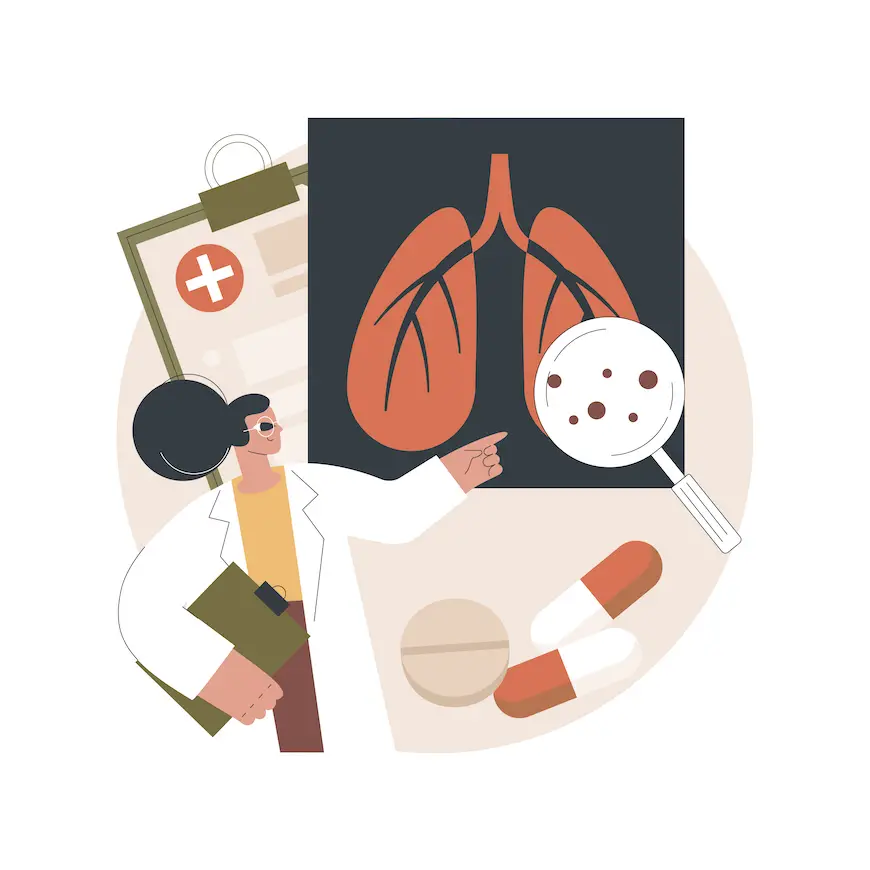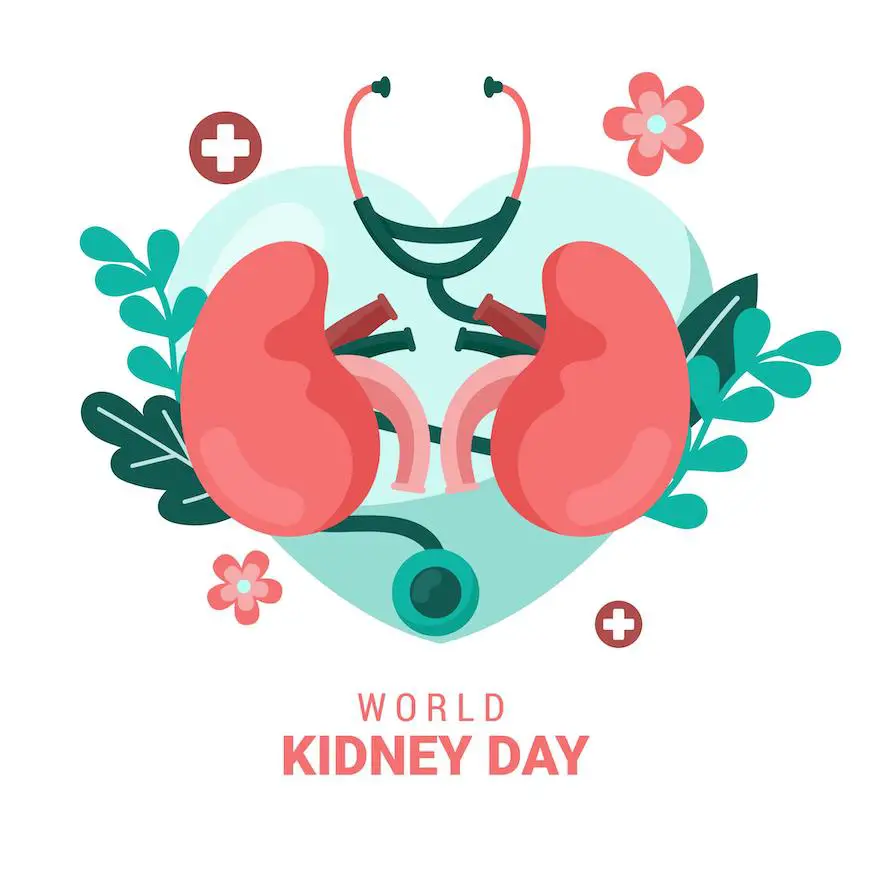Nasal congestion, often referred to as a stuffy nose, can turn a good day into a miserable one. From making it hard to breathe to disrupting sleep, nasal congestion affects millions of people worldwide. This blog dives deep into the causes, remedies, and prevention tips to help you find relief and regain comfort.
What is Nasal Congestion?
Nasal congestion occurs when the tissues lining your nose become swollen due to inflammation or excess mucus. This condition can make it challenging to breathe and often leads to sinus pressure and headaches. Symptoms of nasal congestion include:
- Stuffy or runny nose: Excess mucus production can clog nasal passages, making them feel blocked.
- Difficulty breathing through the nose: Swollen tissues restrict airflow, causing discomfort.
- Facial pain or pressure: Congestion often leads to sinus pain or a sense of heaviness in the face.
- Sneezing or postnasal drip: Excess mucus may drip down the throat, leading to irritation.
Understanding nasal congestion is the first step toward effective treatment and prevention.
Common Causes of Nasal Congestion
Nasal congestion can stem from various factors. Identifying the root cause is crucial to finding the right treatment.
1. Infections
- Colds and Flu: Viral infections often lead to inflammation of the nasal passages, resulting in congestion. These infections are typically short-lived but can cause a great deal of discomfort.
- Sinusitis: A bacterial infection causing prolonged congestion, sinus pain, and sometimes fever. It often requires antibiotics if severe.
2. Allergies
Allergies to dust, pollen, or pet dander can trigger nasal congestion as the immune system overreacts to harmless substances. Seasonal allergies, commonly known as hay fever, can lead to persistent symptoms, especially during pollen-heavy months.
3. Environmental Factors
- Dry air: Lacks sufficient moisture, causing nasal tissues to dry out and become irritated.
- Pollution and strong odors: Exposure to irritants like smoke or perfumes can exacerbate congestion by inflaming nasal tissues.
4. Structural Issues
- Deviated septum: A condition in which the nasal septum is off-center, resulting in reduced airflow.
- Nasal polyps: Noncancerous growths in the nasal passages that block airflow and require surgical removal in severe cases.
5. Hormonal Changes
- Pregnancy: Increased blood flow during pregnancy can swell nasal tissues, a condition called pregnancy rhinitis. Though temporary, it can be quite bothersome.
Understanding these causes can help you address nasal congestion effectively.
Home Remedies for Nasal Congestion Relief
Before using medication, try the following home remedies for nasal congestion:
1. Stay Hydrated
Mucus stays thin and drains more easily when you drink lots of water. Warm fluids like teas, soups, or broths not only hydrate but also provide soothing relief to irritated tissues. Try to have 8 to 10 glasses of water each day. Caffeinated and alcoholic beverages should be avoided as they might cause dehydration and worsen congestion.
2. Steam Inhalation
Steam inhalation relieves nasal congestion and helps dissolve up mucus. Here’s a simple method:
- Fill a basin with boiling water.
- Lean over the bowl and place a towel over your head to catch steam. Inhale deeply for 10-15 minutes. Adding essential oils like eucalyptus or peppermint can enhance the experience by providing a cooling, soothing effect on inflamed nasal tissues.
3. Saline Nasal Sprays and Rinses
Using saline solutions helps clear out mucus and allergens. A neti pot, for example, flushes out the nasal passages effectively. Always use sterile, distilled, or previously boiled water to avoid the risk of infections like amoebic meningitis. Saline rinses can also help reduce inflammation and provide a gentle cleansing effect.
4. Elevate Your Head
Sleeping with an extra pillow elevates your head, reducing the buildup of mucus and easing breathing at night. Elevation works by preventing mucus from pooling in the nasal passages, which can often worsen congestion during sleep. For maximum comfort, use a wedge pillow or stack two pillows.
5. Use a Humidifier
A humidifier can increase the humidity in the air and soothe dry noses. This is especially helpful in the winter, when indoor heating dries out the air. Choose a cool-mist humidifier and clean it regularly to prevent mold or bacterial growth. Keeping humidity levels between 30-50% is optimal for respiratory comfort.
Available At Amazon
Over-the-Counter and Medical Treatments
Sometimes, home remedies aren’t enough. Here are some effective medical treatments for nasal congestion:
1. Decongestant Sprays
Medications like oxymetazoline (Afrin) work by shrinking swollen nasal tissues, providing rapid relief. However, overuse (more than 3 days) can lead to rebound congestion, so use with caution.
2. Antihistamines
If allergies are the culprit, antihistamines like loratadine (Claritin) or cetirizine (Zyrtec) can block allergic reactions, reducing congestion and other symptoms like sneezing or itchy eyes.
3. Corticosteroid Nasal Sprays
Prescription sprays such as fluticasone (Flonase) or budesonide (Rhinocort) effectively reduce inflammation in the nasal passages, offering long-term relief without the risk of rebound congestion.
4. Oral Decongestants
Products like pseudoephedrine (Sudafed) reduce swelling in the nasal tissues but may cause side effects like increased heart rate or insomnia. Consult your doctor if you have underlying conditions like hypertension.
Always consult your doctor before starting any new medication for nasal congestion.
Preventing Nasal Congestion
Prevention is better than cure. Here’s how you can avoid nasal congestion:
1. Avoid Allergens
- Close windows during high pollen season to reduce exposure. Use an AC with a clean filter to ensure good air circulation.
- Use allergen-proof covers on mattresses and pillows to minimize dust mites. These covers form a barrier that keeps allergens from building up.
- Vacuum and clean regularly to control pet dander and dust buildup. Opt for a vacuum with a HEPA filter for maximum efficiency.
2. Maintain Clean Air
- Use air purifiers to filter out airborne irritants like pollen and smoke. Consider units with HEPA filters, which are highly effective at trapping allergens.
- Avoid exposure to cigarette smoke, which can irritate and inflame nasal tissues. If someone smokes in your home, encourage them to smoke outdoors and use ventilation to clear indoor air.
3. Boost Immunity
- Eat nutrient-rich foods high in vitamins C and D to strengthen your immune system. Foods such as oranges, spinach, and fatty fish can help with respiratory health.
- Exercise regularly to promote better respiratory health and circulation. Even moderate activities like walking or yoga can enhance immune function and reduce the risk of respiratory issues.
Read also: Dry Eye or Allergies: What Is the Difference?
Conclusion
Nasal congestion may be a nuisance, but with the right knowledge and treatments, you can find relief and breathe easier. Whether you choose home remedies, medications, or preventive strategies, taking action will improve your comfort and well-being. By staying proactive, addressing symptoms early, and following effective prevention methods, you can reduce the impact of nasal congestion on your daily life. Remember, breathing freely is not just a luxury—it’s essential to your overall health and vitality.
Frequently Asked Questions
Can nasal congestion cause serious complications?
Chronic nasal congestion can lead to complications like sinus infections, sleep disturbances, and reduced quality of life. Left untreated, it may also impact your sense of smell and taste.
Are nasal sprays safe?
Over-the-counter sprays are safe for short-term use (up to 3 days). Prolonged use can cause rebound congestion, making symptoms worse. Prescription sprays, like corticosteroids, are safe for longer durations under medical supervision.
What’s the best treatment for allergy-related nasal congestion?
Antihistamines and corticosteroid nasal sprays are highly effective in treating allergy-induced nasal congestion. Combining these with preventive measures like allergen avoidance can offer optimal relief.
When should I see a doctor?
Seek medical advice if nasal congestion lasts longer than 10 days, worsens over time, or is accompanied by severe symptoms like high fever, facial swelling, or persistent headaches.







